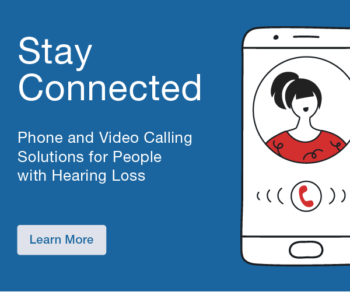Children with single-sided deafness (SSD) have impaired binaural cues, which degrades communication in daily life. While some evidence suggests benefit from a cochlear implant (CI) for children with SSD, guidelines regarding candidacy criteria, assessment tools and expected outcomes are not well defined. Currently, we are conducting an FDA-approved, prospective clinical trial to evaluate behavioral outcomes and a range of quality-of-life measures in children with SSD who receive a CI. This clinical trial is a multicenter, two phase, longitudinal study, comprised of five geographically diverse sites. A hearing aid phase assesses performance with current hearing aid technology and is followed by a CI phase. Approximately 40 children, ages 4-14 years old, with SSD will be enrolled. Hearing criteria for the poor ear expands the current US FDA-approved criteria. Objective and subjective measures are designed to elucidate communication challenges encountered by children with SSD, including word understanding at soft levels, speech understanding in spatially separated noise, and localization/lateralization. Quality of life measures address communication in real-world listening situations, general and cognitive fatigue, and social and emotional function. Data collection is ongoing and initial results will be presented including individual case studies. In addition, counselling topics and rehabilitation strategies will be shared.
Learning Objectives:
The participants will be able to:
- Describe two deficits of single-sided deafness in the pediatric population.
- Describe two benefits of cochlear implantation in children with single-sided deafness.
- Identify one demographic variable that affects cochlear implant performance in children with single-sided deafness.



